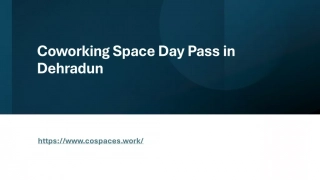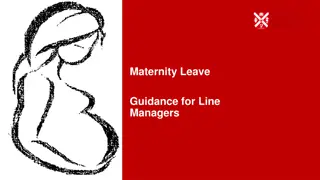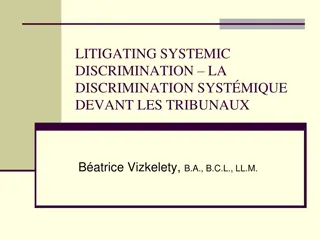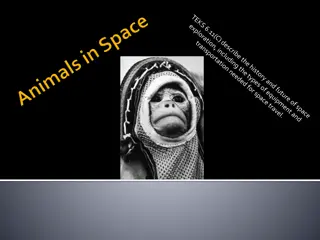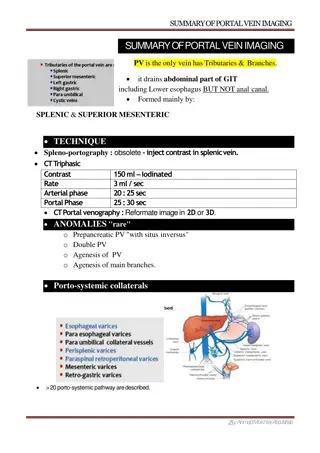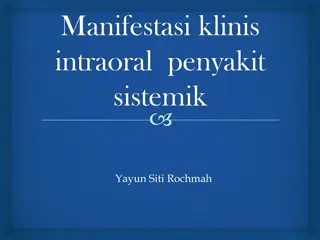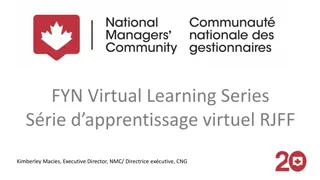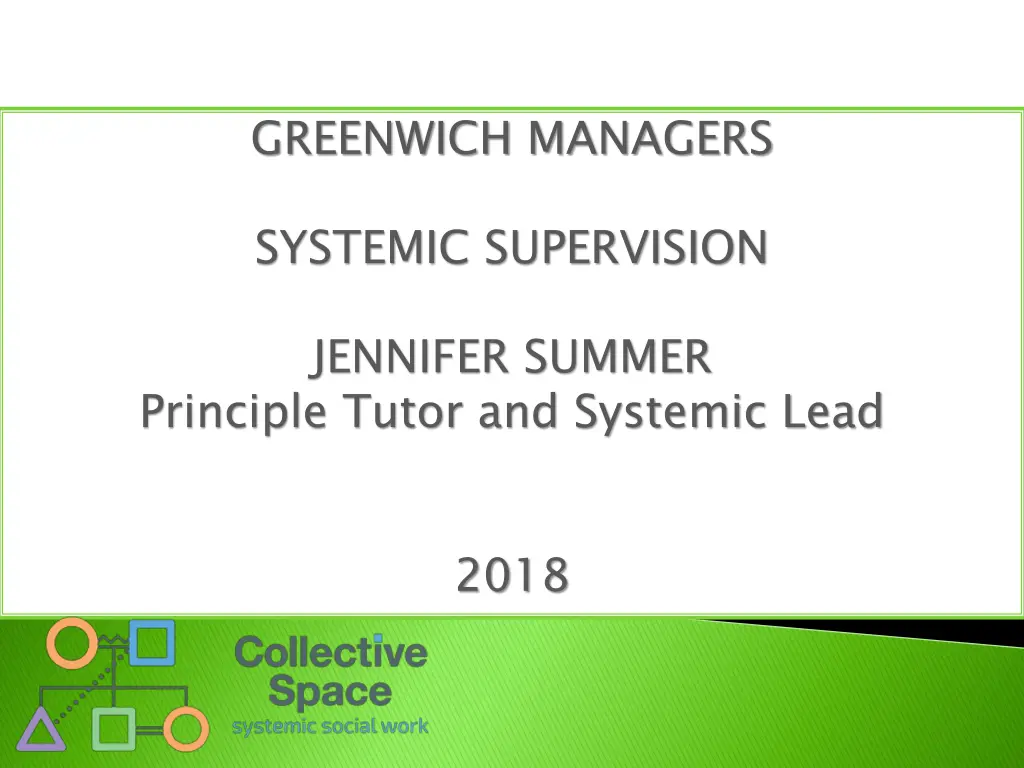
Understanding Systemic Supervision in Professional Practice
Explore the concept of systemic supervision, its difference from regular supervision, and its impact on professional standards and ethical practice. Discover the importance of the supervisory relationship, relational risk-taking, and the process of skills transmission in supervision.
Download Presentation

Please find below an Image/Link to download the presentation.
The content on the website is provided AS IS for your information and personal use only. It may not be sold, licensed, or shared on other websites without obtaining consent from the author. If you encounter any issues during the download, it is possible that the publisher has removed the file from their server.
You are allowed to download the files provided on this website for personal or commercial use, subject to the condition that they are used lawfully. All files are the property of their respective owners.
The content on the website is provided AS IS for your information and personal use only. It may not be sold, licensed, or shared on other websites without obtaining consent from the author.
E N D
Presentation Transcript
GREENWICH MANAGERS SYSTEMIC SUPERVISION JENNIFER SUMMER Principle Tutor and Systemic Lead 2018
Reading review What do we mean by supervision and how does this differ from systemic supervision? How much attention do we pay to the supervisory relationship and what is the significance of it? Exploration of Barry Mason s ideas of relational risk taking, culture of contribution and the six aspects of supervision
Promoting professional standards Ensuring ethical/safe practice Transmitting/sharing skills and knowledge Enhancing the learning and development of the supervisee Offer leadership
What goes on between practitioner and family is influenced by what each brings to the relationship from their contexts outside it And this applies to supervision because both the work we do, and the supervision we engage in, is relational
Context or the organisation in which supervision is being practiced Professional role and responsibilities Knowledge and language Learning/teaching styles Social ggrraaacceeesss (John Burnham 2012)
Any therapy that respects a cybernetic epistemology will have: An observing system stance and inclusion of the therapist's own context A collaborative rather than a hierarchical structure Goals that emphasize the setting of a context for change, not a specification of a change A "circular" assessment of the presenting problem A non-pejorative nonjudgmental view (when possible) And systemic supervision mirrors this
A shift from first order to second order perspective we are part of the system, the act of observation influences that which is observed There is no fixed reality, no such thing as the truth , or the problem supervision is a space to think about the problem that is being described The supervisor embraces complexity, adopts a stance of curiosity in order to develop multiple hypotheses
The therapist (or supervisor) must let go of any pre- conceived ideas about the person with whom they are working you must learn about the person from the person The therapist (or supervsior) should retain a scepticism about their own therapeutic (or supervisory) knowledge The therapist (or supervisor) uses their knowledge as food for thought and dialogue, rather than being authoritative or instructive The therapist (or supervisor) offers knowledge in a tentative and provisional manner 10
The supervisor does not adopt the position of expert They are not searching for or trying to achieve certainty They refrain from supervision as teaching instead, perturb the supervisees development with questions and collaborative conversations Supervision then becomes an opportunity to reflect on practice What might constrain our capacity to supervise in this way? What might constrain our capacity to supervise in this way?
What kind of supervision do you receive in your work context? Would you describe your supervisor as a teacher or someone who encourages you to reflect on practice? What kind of supervision do you offer how would your supervisees describe your style of supervision?
The issue of power There is inevitably a power imbalance in the supervisor/supervisee relationship A supervisor is by definition in a more powerful position through their profession As a supervisor, we have choices about how we exercise that power
How much choice do supervisees have in relation to how power is exercised in that supervisory relationship?
Collaborative practice would argue that power within the supervisory relationship should be made transparent (Fine and Turner 2002) Making it visible and voiced means that it can be a topic open to discussion How do you differentiate between power, authority, ownership of expertise?
How would you describe your relationship with authority? Where does that come from? (social graces, family of origin stories etc) How does it show itself in your relationships? In what way might this influence the supervision you offer?
Do practitioners, managers and senior managers all have the same idea of the meaning of supervision? How do we find styles that fit ? Can we negotiate how directive/collaborative supervision should be? How do we create a culture of contribution ?
What are our shared expectations? Where do we differ? How do you (the supervisee) like to learn? How do I (supervisor) like to teach , and what if the fit is not easy? What have you found helpful in the past? How would you/I know this is helpful/unhelpful? What risks can I take in asking you where you get your ideas from? What are the processes for reviewing our relationship?
Mason (2011) proposes that being too collaborative risks marginalising the expertise of the supervisor In order to reduce the chance of this happening, he suggests creating a culture of contribution 19
Freedom for the supervisor to share expertise, contribute ideas, knowledge, in addition to being curious The culture of contribution should also enable the supervisee to contribute to the supervisory relationship thorough the giving of their thinking in addition to being curious Trainees and supervisors need to be able to practice in both domains curiosity and the giving of knowledge and expertise The supervisor can hold a position of authoritative doubt 20
Mason also suggests that an essential part of the supervisory relationship involves taking interpersonal risks How comfortable/uncomfortable do we/they feel with addressing aspects of the social ggrraaacceeesss? How will they respond if we notice process; eg, what they avoid, how they participate in supervision, their relationship to risk, authority etc. 21
What are your learning/teaching styles and how would you know that there is a fit between you and the people you supervise? How much do you take relational risks in your supervisory relationships where would you sit on a continuum of relational risk taking? Do you prefer supervision to be a practice of teaching, or a reflection of practice? 22
A way of being more consistent with a second order perspective in supervision is to keep in mind six areas of the supervisory task The structure of each of these allows for consideration of the social ggrraaacceeesss at all levels The supervisor is encouraged to be collaborative and also to own one s expertise and authority so that these are complimentary and not contradictory
1. The clients and the issues they present 2. The client s relationship with help 3. The therapeutic relationship 4. The self of the therapist/social worker 5. The supervisory relationship (including supervisees relationship with help) 6. The self of the supervisor (including the supervisor s relationship with authority, ownership of expertise etc)
Anderson, H. & Goolishian, H. (1988) Human Systems as Linguistic Systems: Evolving Ideas About the Implications for Theory and Practice. Family Process, 27: 371-393. Burnham, J. (2012) Development in Social Ggrraaacceeesss: Visible-Invisible and Voiced-Unvoiced. In Krause, I.B. (Ed) Culture and Reflexivity in Systemic Psychotherapy: Mutual Perspectives (p139-160) Karnac. London. Fine, M. & Turner, J. (2002). Collaborative Supervision - Minding the Power. The Complete Systemic Supervisor: Context, Philosophy, and Pragmatics, 229 - 240

